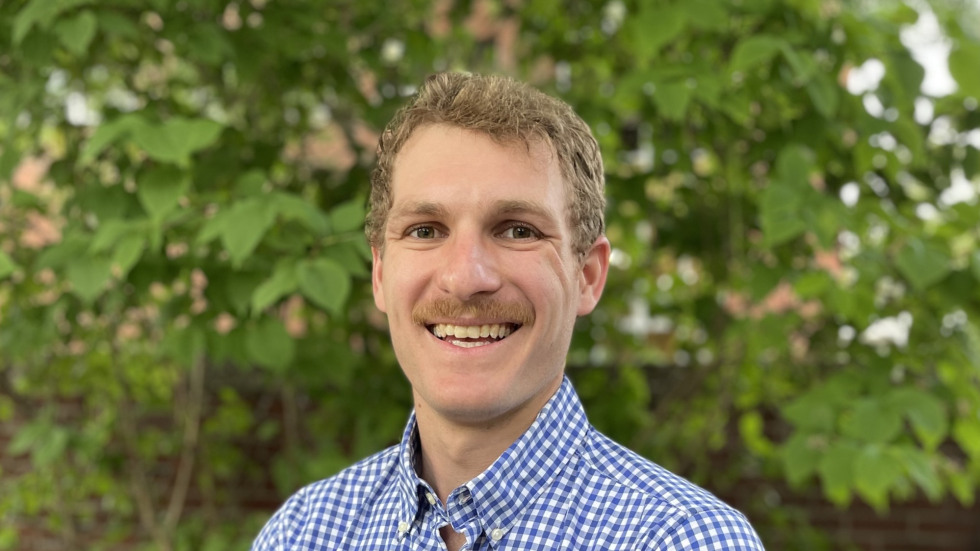The Fulbright Award is foundational to his project, providing not only crucial financial support but also the logistical framework offered by the U.S. Department of State and the U.S. Embassy in Bolivia. As a U.S.-based researcher, Ballance noted that operating in the Andean nation presents unique challenges.
"The Fulbright Award allows me to spend almost a year in the field, where I can both pursue my research interests and build meaningful ties with the local community," Ballance said. “In turn, these ties help build academic and personal connections between Bolivia and the United States.”
Bridging Archives and Artifacts
Ballance's research, which will form the foundation of his dissertation, focuses on the relationship between the colonial state, indigenous communities, and long-distance trade between 1540 and 1800 CE. He is a historical archaeologist, splitting his time between documents and artifacts—a necessary approach for a period that has historically been overshadowed by the study of Bolivia's Pre-Hispanic past.
His fieldwork is centered in the small town of Caiza D, Bolivia, located along the old colonial highway that connected the massive silver mines of Potosí with the mule trading hub of Salta (now in Northwest Argentina).
"In the field, I investigate how traffic along colonial road networks impacted indigenous communities, both in terms of where they settled and how they interacted with networks of long-distance exchange," Ballance explained.
The archival side of the project takes him to historical archives in Sucre and Potosí. Here, he delves into contracts and settlements that illuminate the complex economic relationships among colonial officials, merchants, indigenous elites, and muleteers.
Collaboration and Context
A key component of the project is its international collaboration. The Co-Director of his research is Bolivian archaeologist Elsa Valeria Antezana Soria, who shares Ballance's enthusiasm for illuminating the complexities of the colonial period.
The data gathered during his Fulbright year, combined with documents from the National Archive in Argentina and the extensive collection at the John Carter Brown Library in Providence, will provide a comprehensive look at the formation of the colonial economy.
Ballance holds a bachelor's degree in archaeology and history from the University of North Carolina and a master's in anthropology from Colorado State University. Prior to the Fulbright, he received significant support for his work at Brown, including the Center for Latin American and Caribbean Studies, the Joukowsky Summer Research Award, and the Graduate School Research Mobility Fellowship. He has previously conducted fieldwork in Peru, Bolivia, and across the United States.
